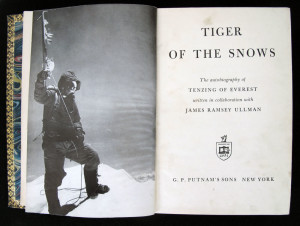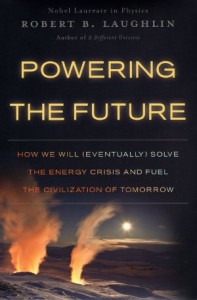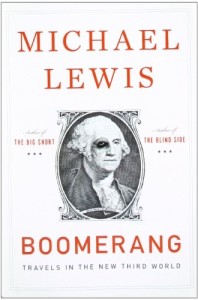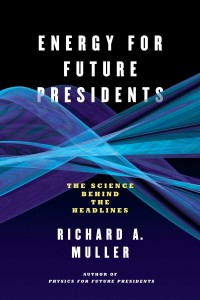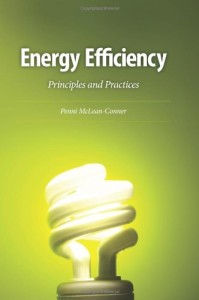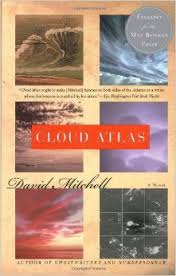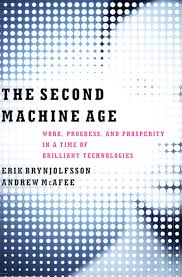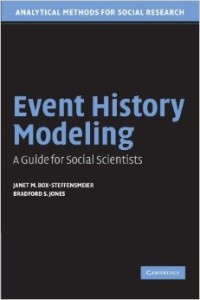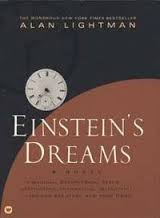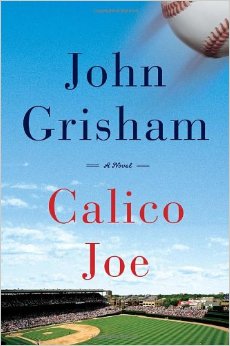Tiger of the Snows, the autobiography of Tenzing of Everest
by Tenzing Norgay, with James Ramsey Ullman, 1955
Very interesting throughout. The autobiography of the Sherpa who summited Everest with Hilary in 1953. Tenzing was born in Nepal and raised in India and went on lots of different expeditions with both Easterners and Westerners, so he learned to speak a lot of languages. He knew English well enough to dictate the book to the writer Ullman, which was necessary because, despite speaking many languages, Tenzing could not read or write. His native Sherpa language does not have a written form.
It took the work of hundreds of porters, Sherpas, and climbers and a lot of oxygen tanks to get two people to the top of Everest. Ambitious endeavor. I don’t think I would like being in such wind/cold for weeks at a time and having to climb ice tethered to other climbers. I’ll stick with the more reasonable peaks I’ve done in Colorado.
Interesting note about the copy of the book I have: I got it from my dad when everyone moved out of my childhood house a couple years ago. It’s a library copy from the Pikeville, KY High School Library, with a 14-day checkout occurring to Mike Webb on October 27, 1970. Oops. What’s the statute of limitations on that fine?
